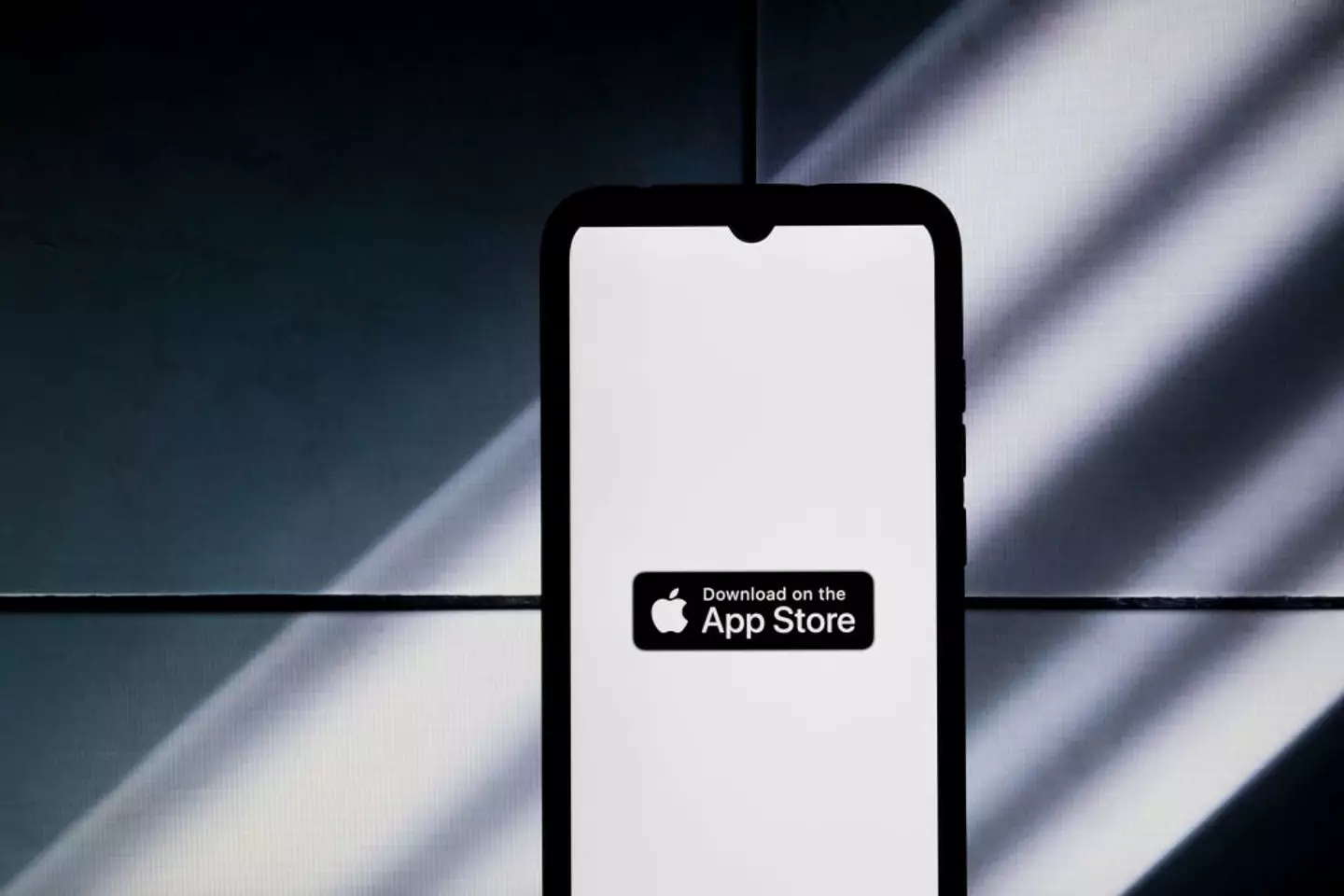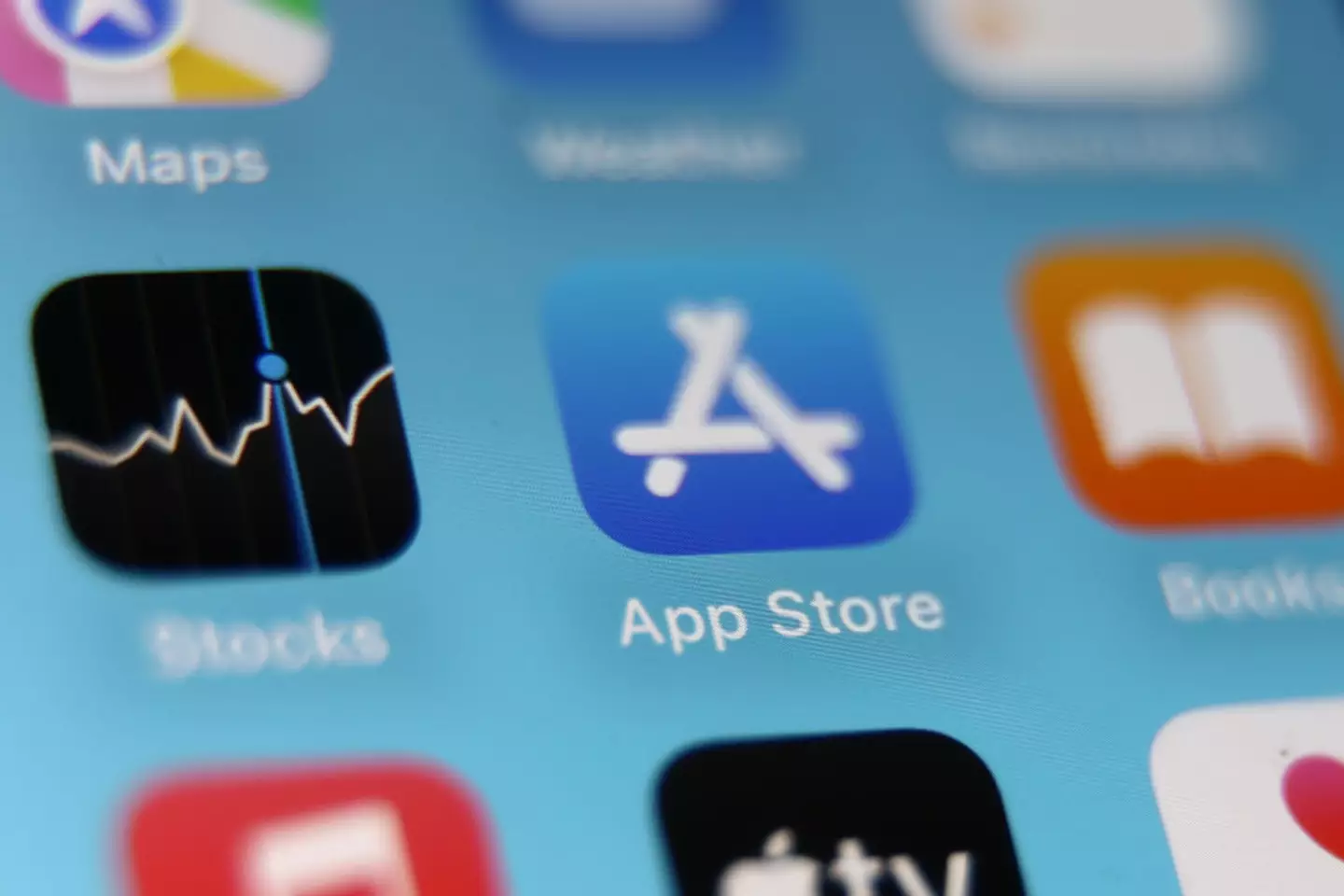
Just because iOS 17.4, a major software update for iPhones is here, that doesn't mean Apple's done making major changes to how its platform works.
That update promised and delivered some sweeping changes for EU users in particular, as a result of the Digital Markets Act being enforced by the EU itself.
It hasn't been a complete and immediate thing, though - Apple still has plenty more changes in the pipeline as part of its journey toward full compliance with every part of the Act.

Advert
One such change has just been announced, with Apple detailing how it's going to let users in the EU download apps from web pages, rather than exclusively being able to do so through the App Store.
It's going to be quite a complicated system, in fact, so any worries that people will be able to accidentally install malware in a single click might be unfounded.
Developers will still need to register on the App Store and use a service called App Store Connect to link their apps to the App Store, before they can make them available to download elsewhere.
Plus, on the user's side of things, you'll have to go into your Settings app and mark the developer in question as approved in order to download its apps.
Then, before you actually start downloading the app, Apple says that 'a system sheet will display information that developers have submitted to Apple for review, like the app name, developer name, app description, screenshots, and system age rating'.

This should help people to make sure that what they're downloading looks right and doesn't contain any tags or flags that seem wrong.
Another huge restriction on which developers can actually use this system comes in the form of a clause that Apple is insisting on. Developers must 'be a member of good standing in the Apple Developer Program for two continuous years or more, and have an app that had more than one million first annual installs on iOS in the EU in the prior calendar year'.
That means that, in theory at least, this really should only be an option open to quite big developers at first, although it's anyone's guess whether these standards will stay the same forever, or be adjusted over time.
Again, though, while this is pretty seismic stuff for the iOS ecosystem, it's still very much limited to EU accounts - and it's only set to become available 'later this spring'.
But even in the EU, it seems like Apple is going to put up plenty of barriers to try to ensure this doesn't result in a flood of scam apps on the web.